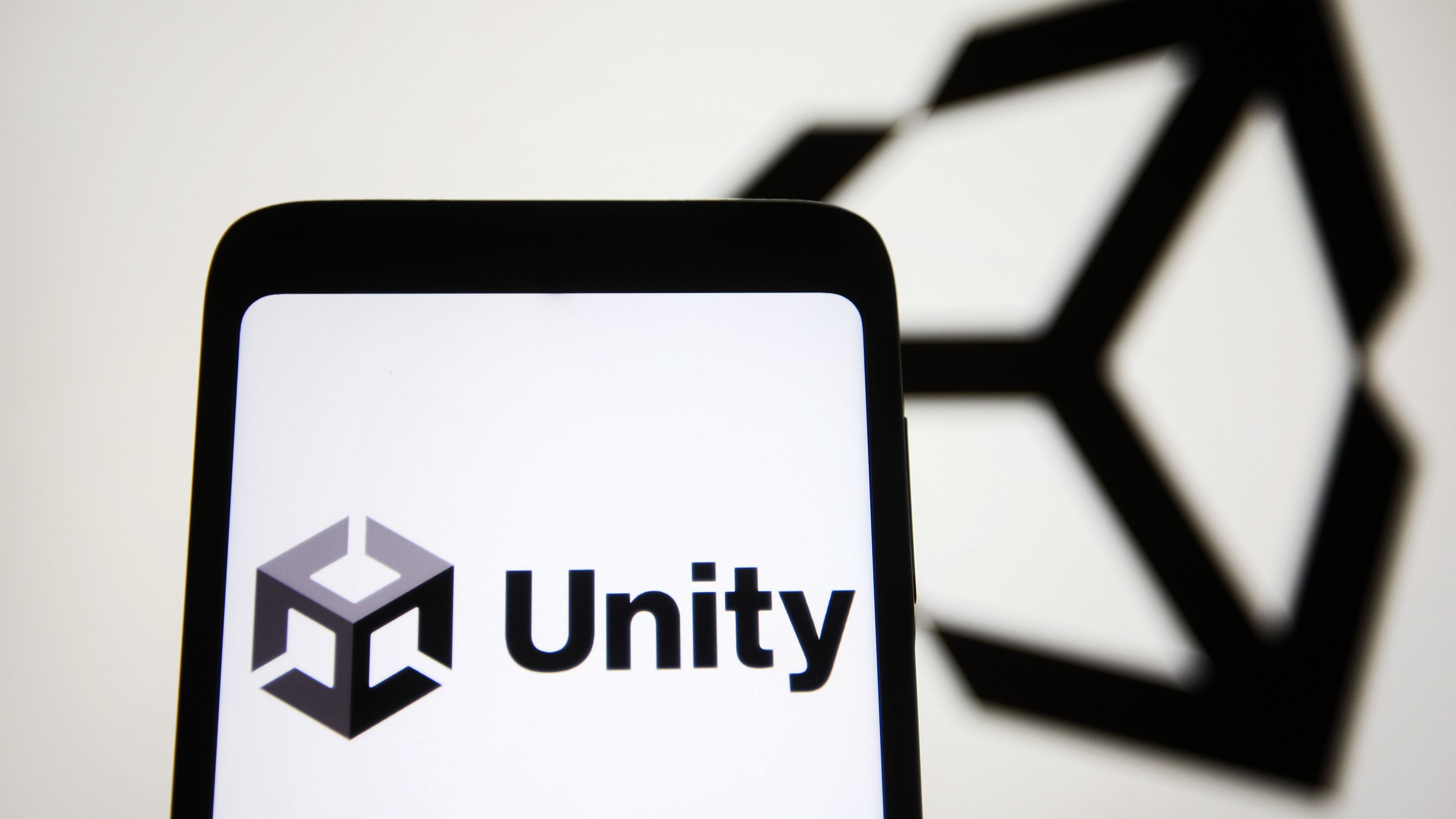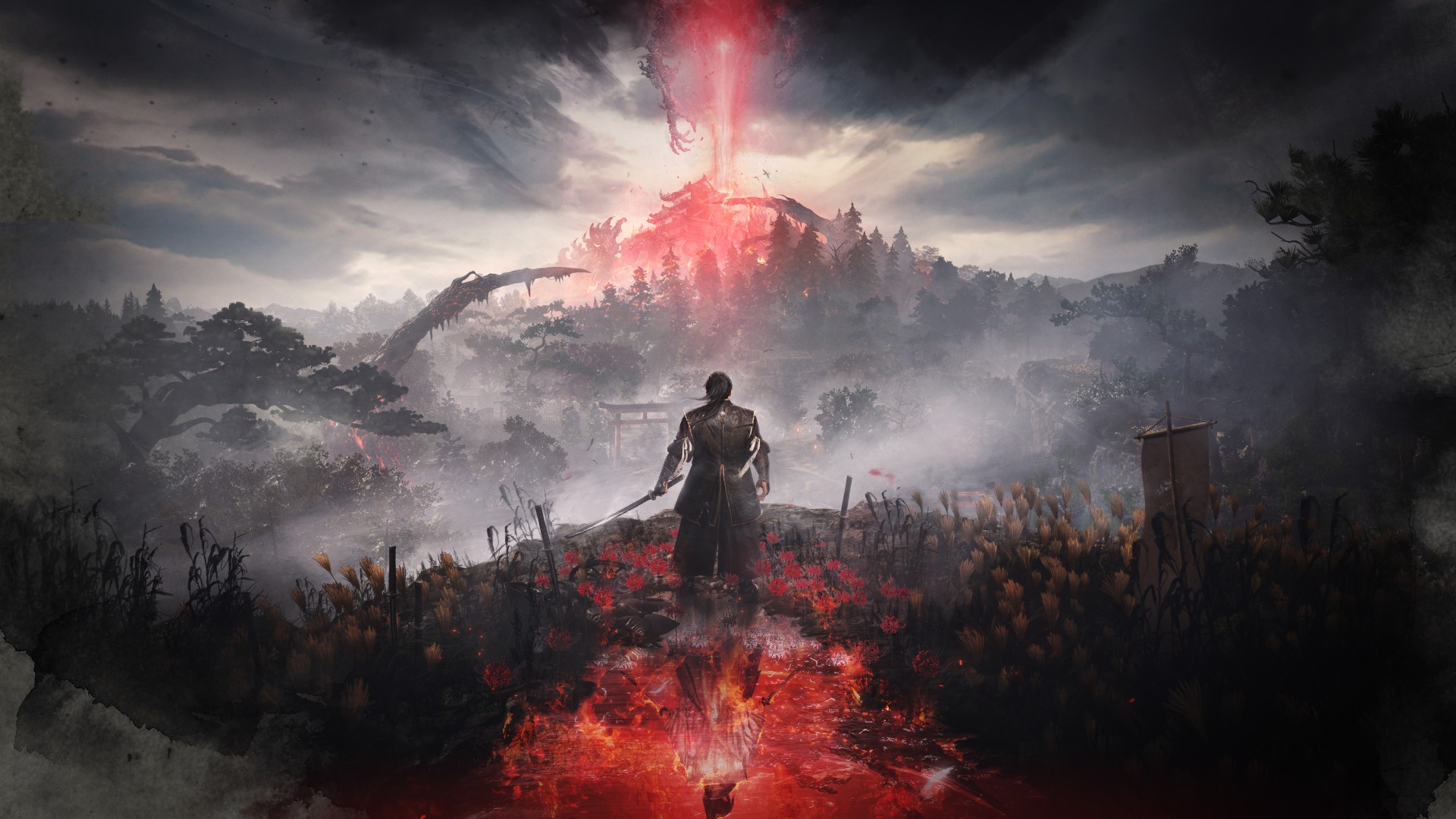
Keep up to date with the most important stories and the best deals, as picked by the PC Gamer team.
You are now subscribed
Your newsletter sign-up was successful
Want to add more newsletters?

Every Friday
GamesRadar+
Your weekly update on everything you could ever want to know about the games you already love, games we know you're going to love in the near future, and tales from the communities that surround them.

Every Thursday
GTA 6 O'clock
Our special GTA 6 newsletter, with breaking news, insider info, and rumor analysis from the award-winning GTA 6 O'clock experts.

Every Friday
Knowledge
From the creators of Edge: A weekly videogame industry newsletter with analysis from expert writers, guidance from professionals, and insight into what's on the horizon.

Every Thursday
The Setup
Hardware nerds unite, sign up to our free tech newsletter for a weekly digest of the hottest new tech, the latest gadgets on the test bench, and much more.

Every Wednesday
Switch 2 Spotlight
Sign up to our new Switch 2 newsletter, where we bring you the latest talking points on Nintendo's new console each week, bring you up to date on the news, and recommend what games to play.

Every Saturday
The Watchlist
Subscribe for a weekly digest of the movie and TV news that matters, direct to your inbox. From first-look trailers, interviews, reviews and explainers, we've got you covered.

Once a month
SFX
Get sneak previews, exclusive competitions and details of special events each month!
Software development company Unity, creator of the popular game engine of the same name, has signed a major contract with the US government to provide its digital simulation technology for defence purposes.
As reported by Bloomberg, the company announced the three year, multi-million dollar deal earlier this week. The contract is in partnership with CACI International Inc., an information technology firm that has previously provided military intelligence, including aerial surveillance, to the US government.
In an earnings call on Tuesday, Unity's senior vice president Marc Whitten said this new relationship will "help the government defining human machine interfaces or HMI for aerospace applications and beyond," adding "These applications demand an interactive, robust user experience very much like games."
The deal comes in the wake of reports last year that employees at Unity had ethical concerns regarding the overlap between the company's military and non-military ventures. At the time, Unity CEO, John Riccitello released an internal statement explaining that the company's military contracts, which included a partnership with Lockheed Martin "are very restrictive" and that the company "would not support programs where we knowingly violate our principles and values". But this apparently sparked a backlash from employees, many of whom it was claimed were only just becoming aware of the company's military dealings. In response, Riccitiello promised that the matter would be discussed at the company's next "town-hall meeting".
More broadly, it's been a turbulent few months for Unity. In June, the company laid off hundreds of employees after a claimed attempte to "realign" resources. A month later, it announced a merger with IronSource, a company known for creating a MalWare program called InstallCore. Meanwhile, Riccitiello issued an apology after calling developers who don't actively think about monetising their games "fucking idiots" during an interview. And only a few days ago, mobile ad-tech company AppLovin offered to buy Unity for S17.5 billion, a proposal which Unity's board stated it would "thoroughly evaluate".
It's uncertain what effect, if any, this new deal will have on that offer, or Unity's likelihood of accepting it. But what is clear is that, despite the protests from its employees, Unity is pressing ahead with the military side of its business. Indeed, the company wrote in its earnings report that this new venture is the "single largest digital twin solution deal for Unity to date."
Keep up to date with the most important stories and the best deals, as picked by the PC Gamer team.
Rick has been fascinated by PC gaming since he was seven years old, when he used to sneak into his dad's home office for covert sessions of Doom. He grew up on a diet of similarly unsuitable games, with favourites including Quake, Thief, Half-Life and Deus Ex. Between 2013 and 2022, Rick was games editor of Custom PC magazine and associated website bit-tech.net. But he's always kept one foot in freelance games journalism, writing for publications like Edge, Eurogamer, the Guardian and, naturally, PC Gamer. While he'll play anything that can be controlled with a keyboard and mouse, he has a particular passion for first-person shooters and immersive sims.

